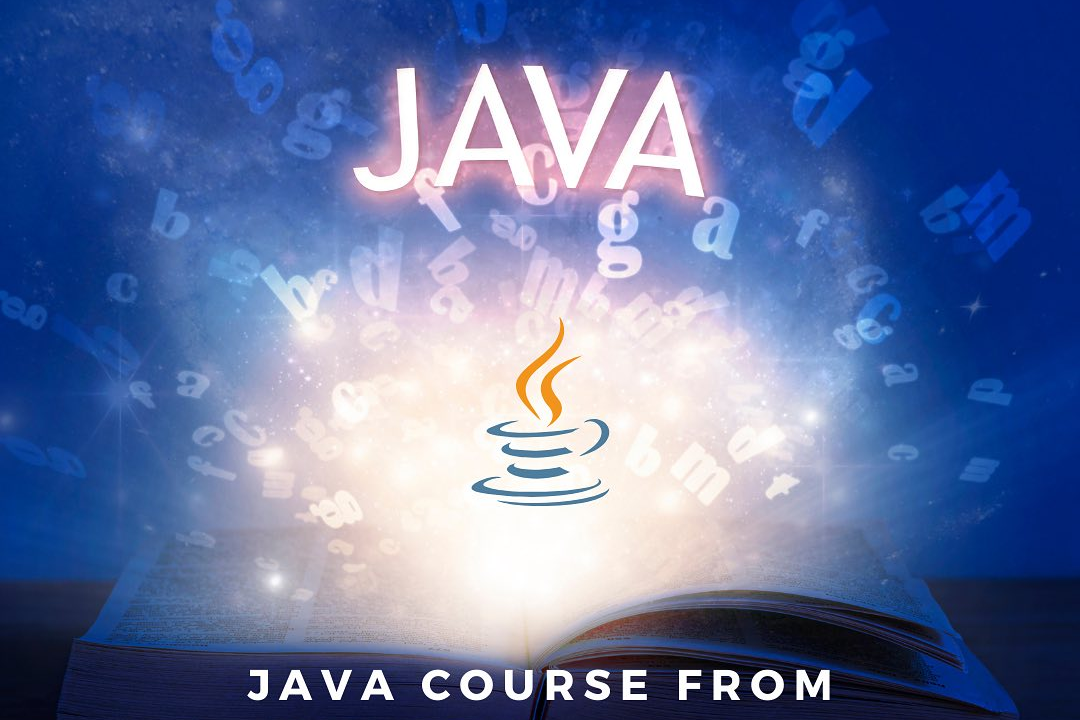Java legacy code maintenance
Improving Legacy Java Code: Strategies for Maintenance and Enhancement
Java legacy code maintenance
Java legacy code maintenance refers to the practice of managing, updating, and improving older Java codebases that may no longer adhere to modern development practices or standards. Legacy systems often present challenges due to outdated frameworks, lack of documentation, or complexity from years of incremental changes. Effective maintenance strategies include refactoring code for better readability and performance, enhancing test coverage to ensure stability during updates, and gradually introducing modern practices such as dependency injection or design patterns. The goal is to ensure that the legacy code remains functional, secure, and maintainable while minimizing disruption to existing functionalities and supporting ongoing development efforts.
To Download Our Brochure: https://www.justacademy.co/download-brochure-for-free
Message us for more information: +91 9987184296
1 - Understanding Legacy Code
Define what legacy code is, emphasizing its characteristics, common sources, and examples in Java applications. Discuss why it often relates to older systems and the challenges associated with it.
2) Importance of Legacy Code Maintenance
Explain the significance of maintaining legacy code in companies, including adherence to regulations, minimizing risks, and sustaining business operations.
3) Common Issues in Legacy Code
Identify frequently encountered problems such as lack of documentation, outdated dependencies, performance bottlenecks, and security vulnerabilities.
4) Code Readability and Clarity
Discuss strategies to improve code readability, including naming conventions, formatting, and code comments to make the legacy code easier to understand.
5) Testing Legacy Code
Introduce the principles of testing legacy code, including unit tests and integration tests, and the importance of establishing a robust testing framework to facilitate changes.
6) Refactoring Techniques
Provide an overview of refactoring methods that can improve the structure of existing code without changing its functionality. Explore common refactoring techniques like extracting methods and reducing code duplication.
7) Version Control Practices
Emphasize the use of version control systems (like Git) for tracking changes, managing branches, and rolling back updates, which is crucial for maintaining legacy code systems.
8) Gradual Migration Strategies
Cover strategies for gradually migrating legacy Java applications to modern frameworks or architectures (e.g., microservices), reducing risk while improving maintainability.
9) Dependency Management
Explain the challenges of handling outdated libraries and frameworks in legacy systems, and how to modernize dependencies while ensuring compatibility.
10) Common Design Patterns
Introduce design patterns that can enhance code maintainability and extensibility, such as the Singleton Pattern, Factory Pattern, and Observer Pattern.
11) Documentation Practices
Highlight the importance of documenting legacy code and maintaining up to date documentation, including tools and techniques for generating and maintaining this information.
12) Handling Technical Debt
Discuss what technical debt is and how it accumulates in legacy code. Provide strategies for managing and paying down technical debt effectively.
13) Code Reviews and Peer Programming
Stress the value of code reviews and pair programming in improving legacy code quality and knowledge sharing among team members.
14) Collaborating with Stakeholders
Explain how to communicate effectively with stakeholders, including product owners and project managers, to ensure that maintenance aligns with business goals and priorities.
15) Tools and Resources
Provide an overview of tools available for legacy code maintenance, such as static code analysis tools, code quality measurement tools, and integrated development environments that facilitate improvements.
16) Future Proofing Legacy Code
Discuss strategies for making legacy code more adaptable to future changes and technology shifts, including modularization and adopting agile methodologies.
17) Case Studies
Present case studies of organizations that successfully maintained and modernized their legacy Java applications to provide real world examples and practical insights.
By covering these points in your training program, students will gain a comprehensive understanding of Java legacy code maintenance, equipped with both the theoretical knowledge and practical skills necessary to handle legacy systems effectively.
Browse our course links : https://www.justacademy.co/all-courses
To Join our FREE DEMO Session: Click Here
Contact Us for more info:
- Message us on Whatsapp: +91 9987184296
- Email id: info@justacademy.co












